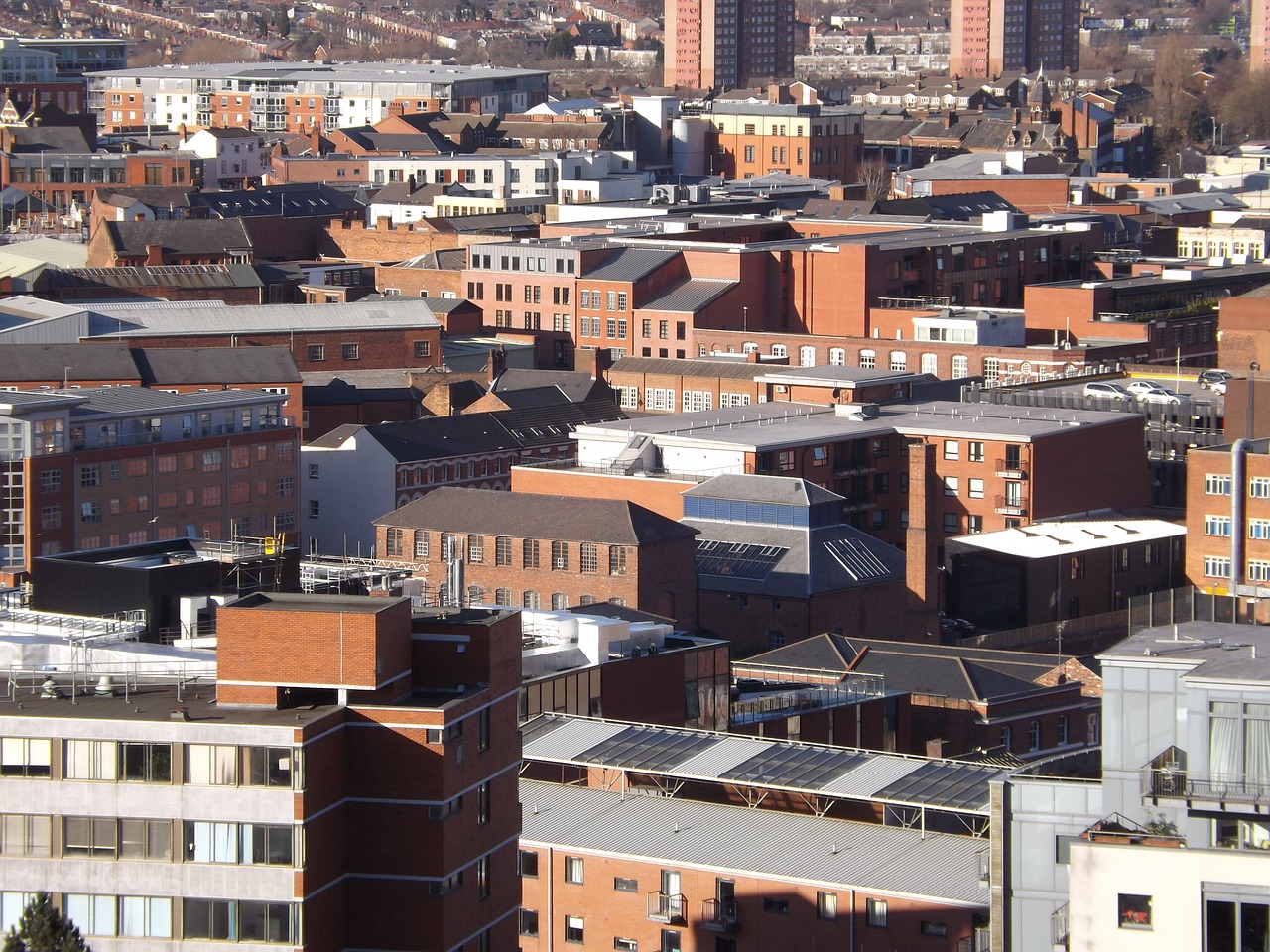According to the Office for National Statistics, the average price of property has increased by a whopping 10.6 per cent from August 2020 to August 2021. The average price of houses in the UK have risen by £25,000 in one year as per the official figures, making the average price somewhere around £264,000 in August 2021. If you’ve been thinking about opting for a free property valuation, now might be a good time to get it done – after all, the average price of property in the UK has reached its record high!
How much have average house prices increased in different parts of the UK?
In Scotland, the average price of property surged – in just one year, the average price of property increased by a whopping 16.9 per cent. As of now, the average price of houses in Scotland is at a record high of £181,000. In England, the average house price has increased by 9.8 per cent, in Wales by 12.5 per cent and in Northern Ireland, it has increased by 9 per cent. In North East England, the annual price growth has been the highest, with a 13.3 per cent rise. The average price of property in London has also hit a new high by averaging £526,000, which is supposed to be the highest recorded price according to the Office for National Statistics.
Why is the average house price in the UK increasing so dramatically?
There are multiple reasons for this drastic increase in house prices in the UK. For one, the introduction of the stamp duty holiday gave potential buyers and homeowners a big tax break which was the biggest incentive. Secondly, the multiple lockdowns and the concept of work from home lead to the race for space. Lastly, the increased number of high loan to value mortgages allowed for an increase in borrowing. Let’s discuss these three factors in detail to get a better understanding of the price rise.
1 The introduction of the stamp duty holiday
The stamp duty holiday was introduced in the UK in order to overcome the slump in the estate market. Due to the uncertainty around Covid-19, most buyers and sellers were sceptical which led to a massive slump in real estate activity. To overcome that, the UK government announced a temporary suspension of the stamp duty tax in July 2020. Upon seeing the success of the stamp duty holiday, the UK government extended the stamp duty holiday till September 2021. The recent rise in property prices is essentially due to the approaching deadline. In order to make the most of the stamp duty holiday and get a tax break, many potential buyers decided to take the plunge and decided to enter the real estate market.
2 The race for space
Due to multiple lockdowns in the UK, people got tired of staying indoors. Since they were forced to stay inside their homes, they chose to upgrade their homes by moving into bigger and better homes. For instance, a homeowner who was living in a two-bedroom apartment in the city centre decided it would be cheaper and better to move into a three-bedroom house in the suburbs. Since people were no longer going to their office, they did not have to worry about their commute which was another influential factor in this race for space. Instead of looking for homes in the city centre, potential buyers and homeowners were actually choosing to move into the boroughs and suburbs to move into bigger spaces. The number one demand during this time was outdoor space and home offices. As the demand for space increased, so did the average price.
3 The availability of high loan to value mortgages
During the pandemic, it was almost impossible to find low deposit mortgages. In fact, banks and lenders actually increased their criteria and very few individuals were able to secure a mortgage. To combat this, the UK government came up with a mortgage guarantee scheme. Under this scheme, potential buyers could take out a mortgage by paying just 5 per cent of the deposit. Due to the mortgage guarantee scheme, an individual’s borrowing increased tremendously. Now, instead of putting down a 20 per cent deposit for a home that costs £200,000, potential buyers could put down a 5 per cent deposit for a bigger property. The increased availability of high loan to value mortgages coupled with the race for space certainly played its role in increasing the average price of property in the UK.
And lastly, with a limited supply of new properties on the market, the drastic difference between demand and supply is further supporting the price rise. As people started looking to move into bigger homes, the demand continued to rise while the supply remained somewhat constant. As the basic theory of economics goes, if the demand increases without any change in supply, the price will rise. And that is exactly what happened.



 Bitcoin
Bitcoin  Ethereum
Ethereum  Tether
Tether  XRP
XRP  Solana
Solana  USDC
USDC  TRON
TRON  Cardano
Cardano  Lido Staked Ether
Lido Staked Ether  Avalanche
Avalanche  Toncoin
Toncoin